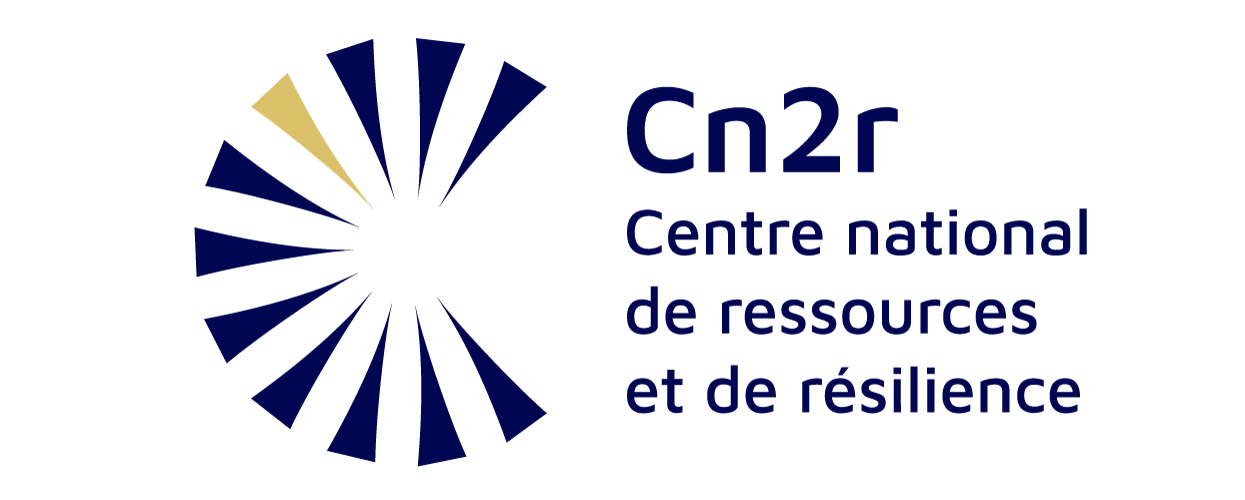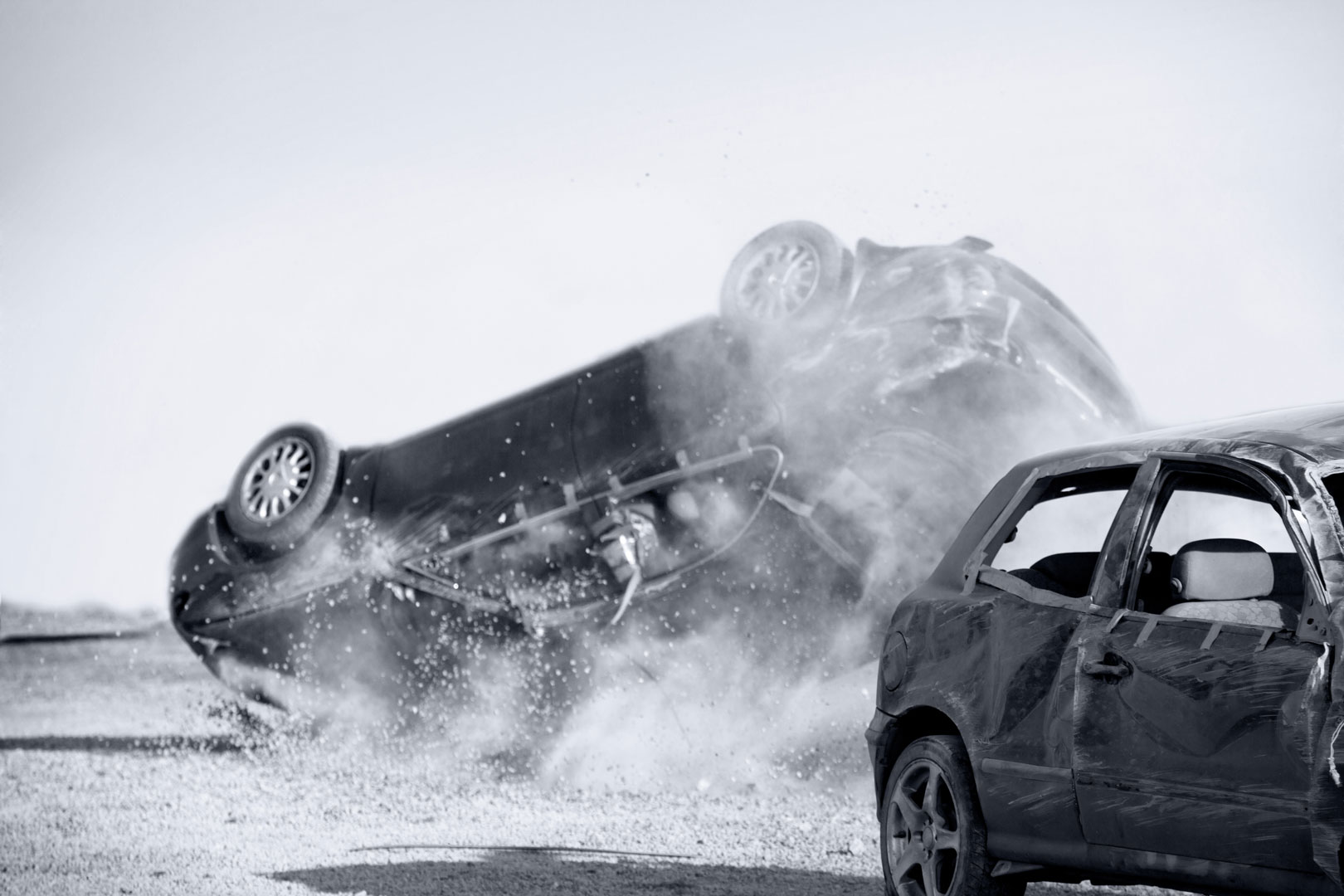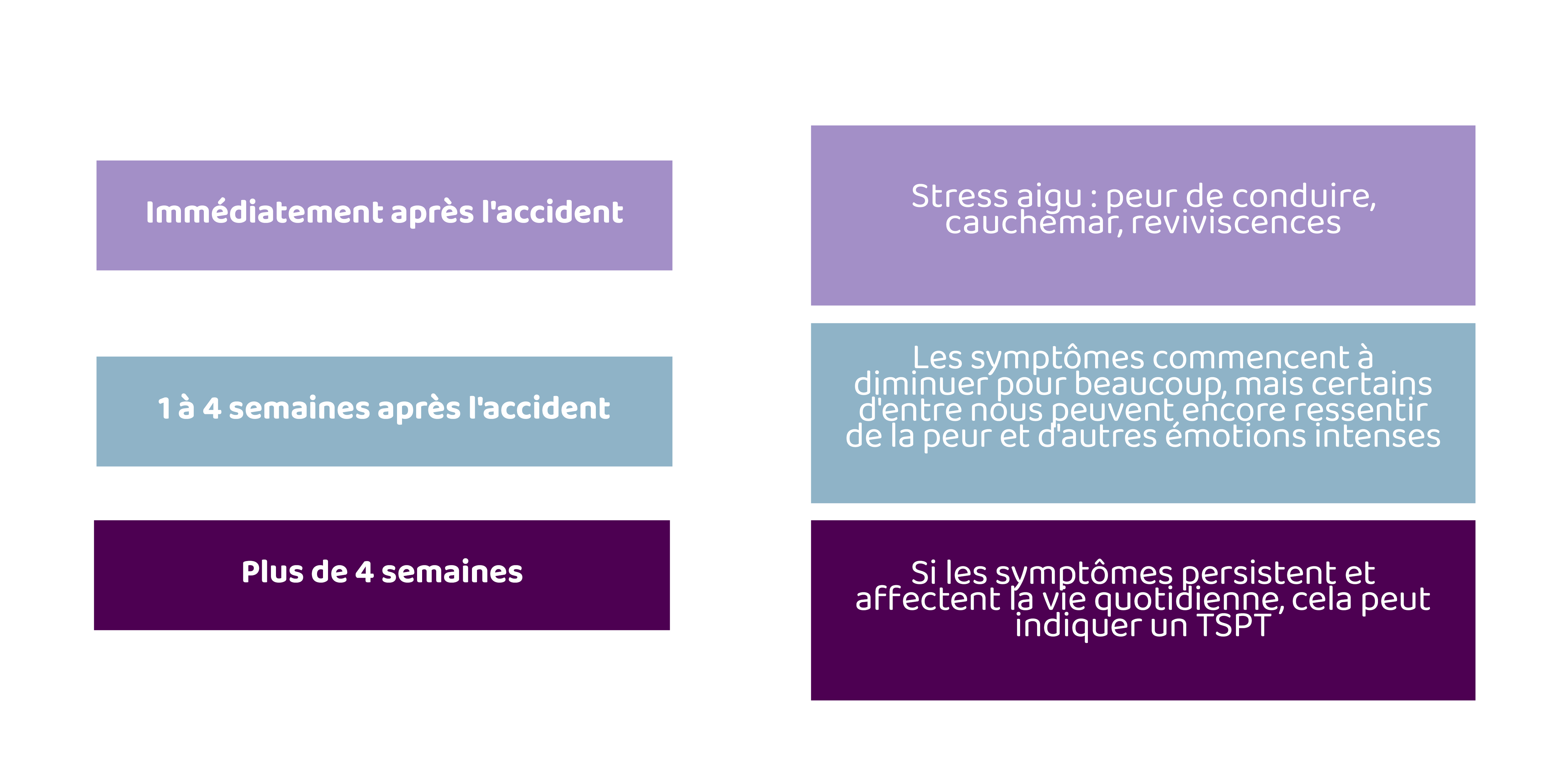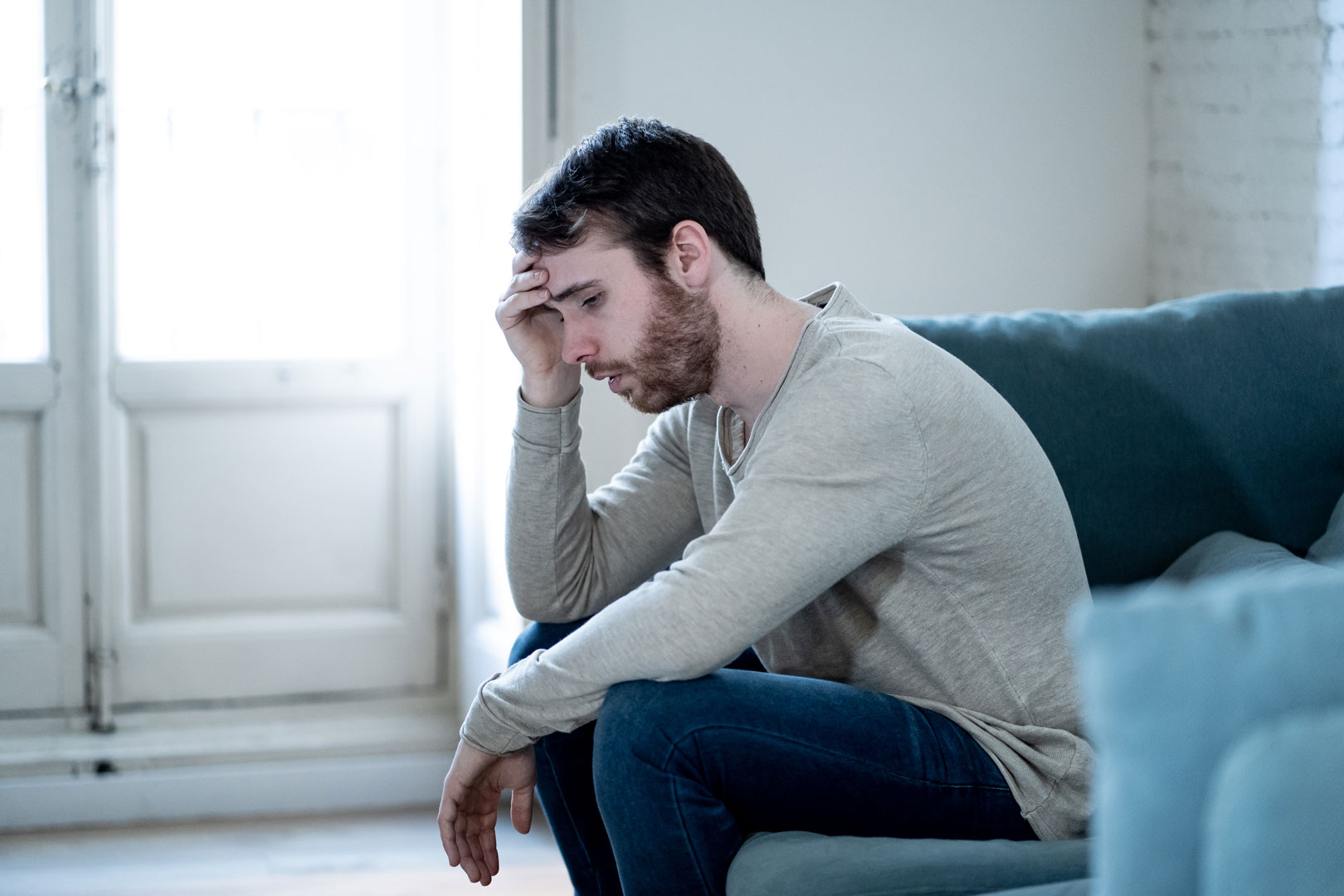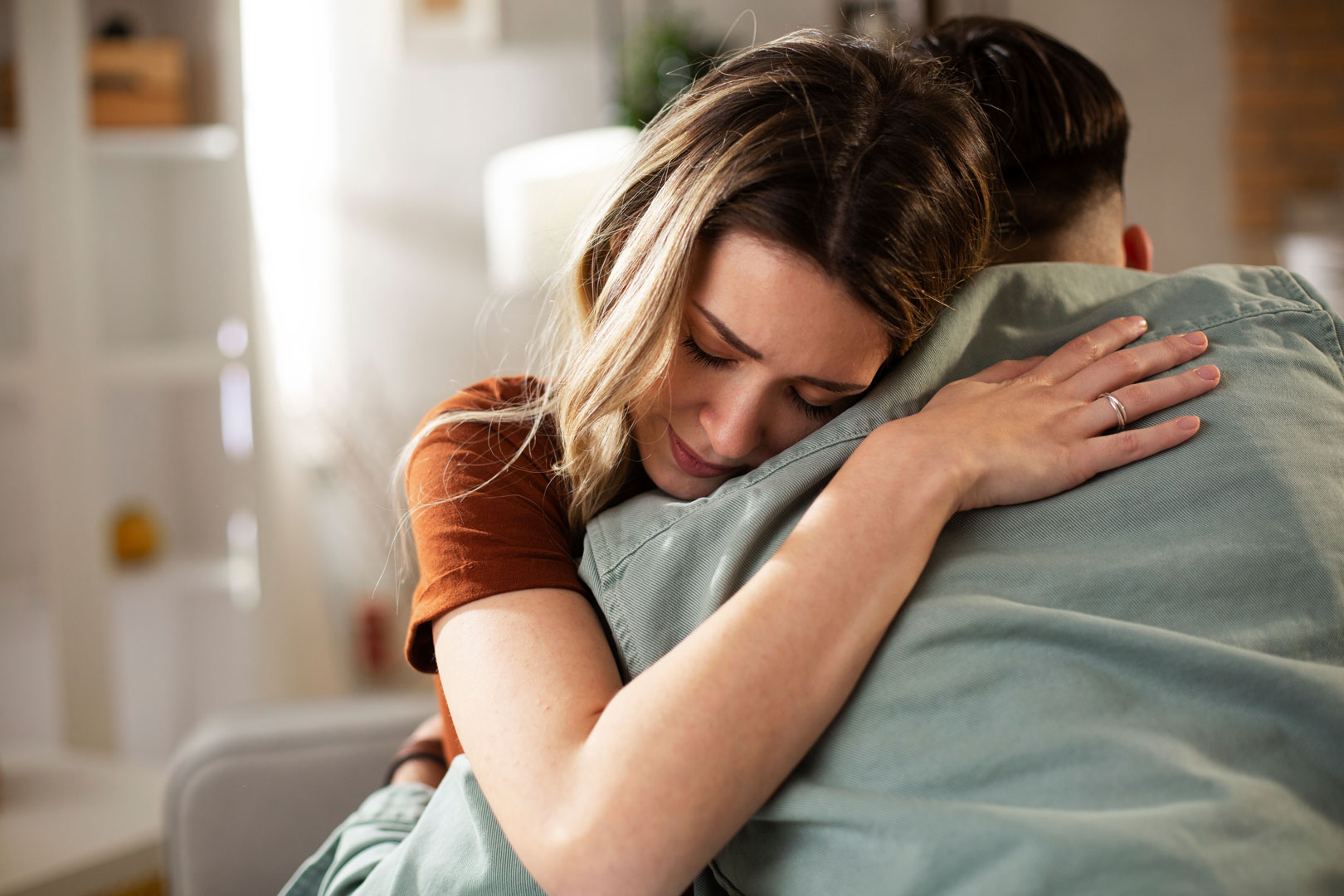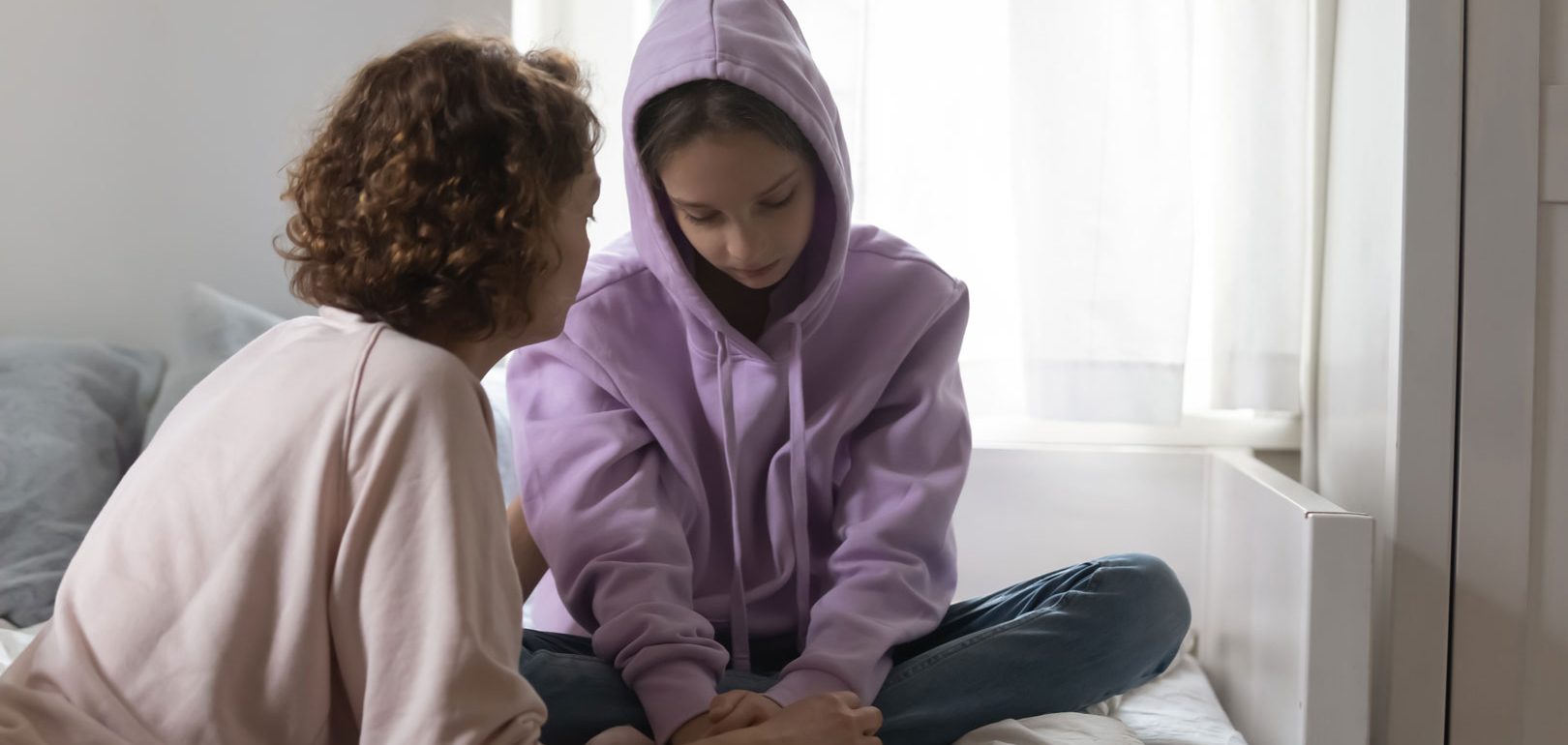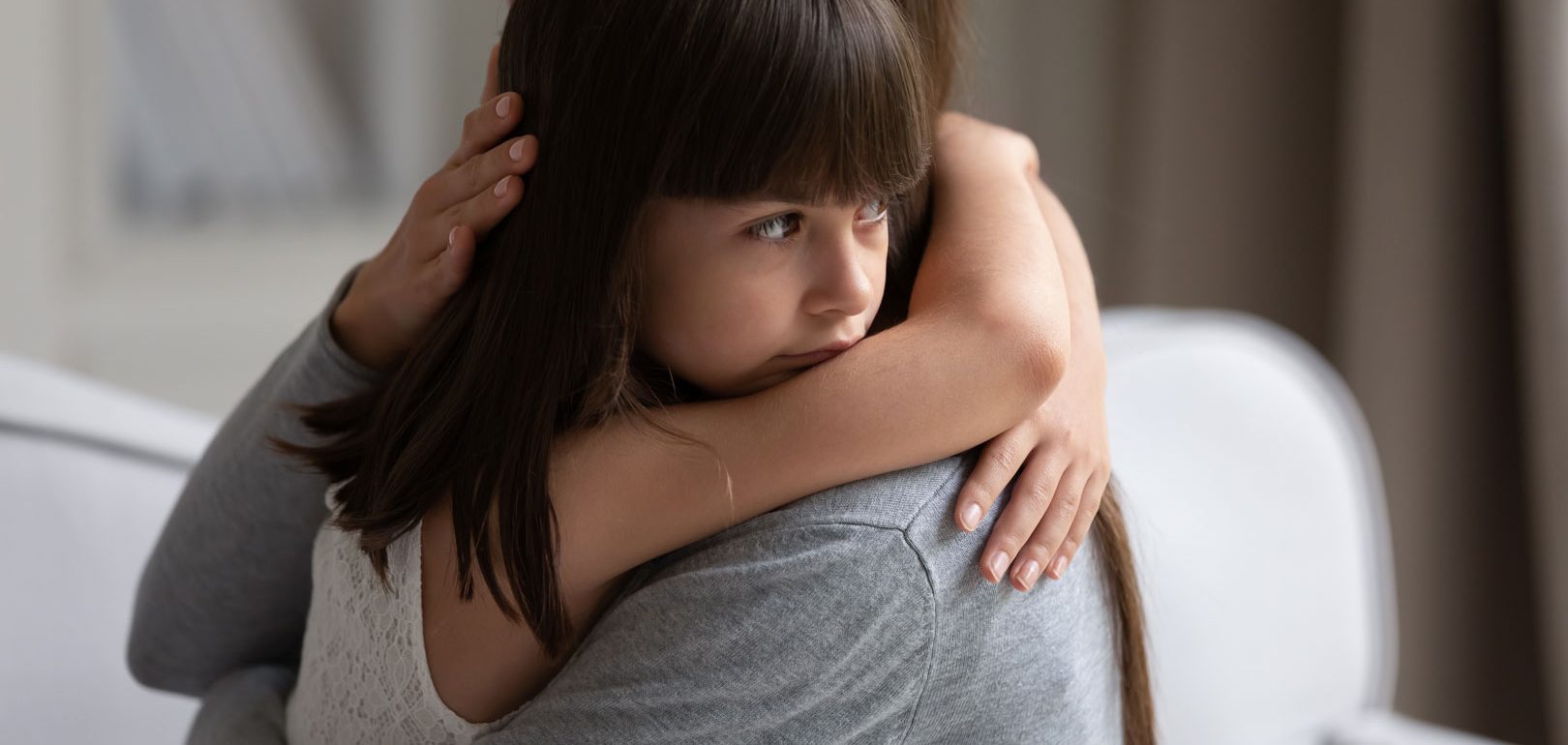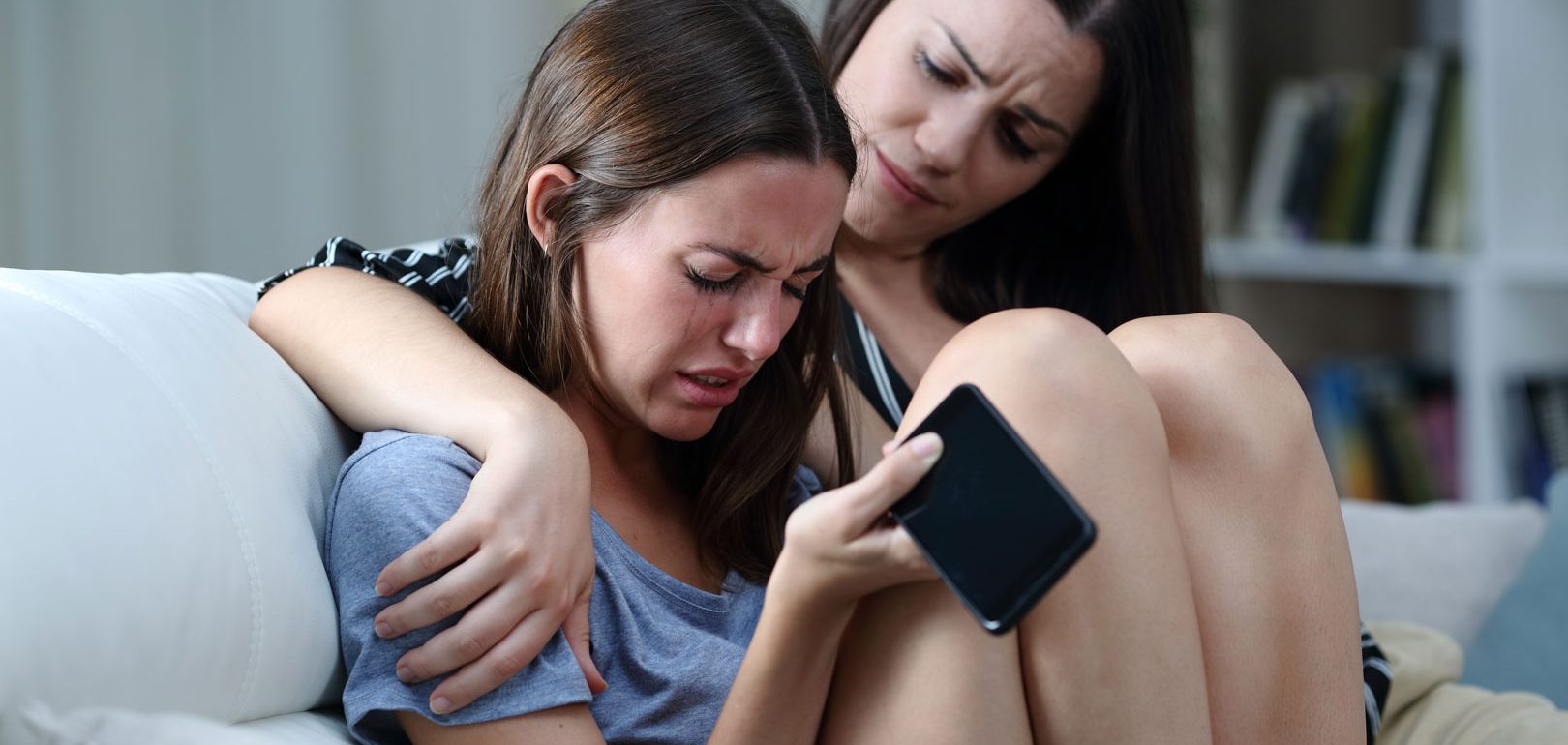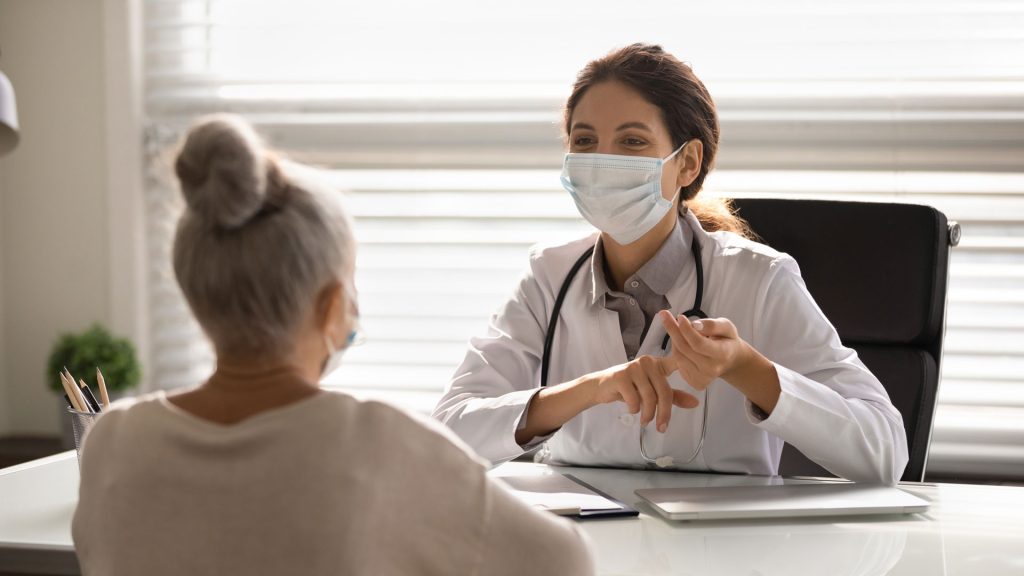According to the Observatoire National Interministériel de la Sécurité Routière (ONISR), nearly 235,000 people were injured in road accidents in France in 2023including some 16,000 victims with serious injuries. 3,398 people died on the roads of mainland France in 2023.
In addition to physical injuries, some victims of road accidents can develop post-traumatic stress disorder (PTSD) weeks or even months after the accident.
Road accidents are among the potentially traumatic events that can trigger psychotrauma. The sudden, often violent and life-threatening nature of a road accident can lead to disabling and potentially long-lasting symptoms. According to most studies of car accident survivors, between 20% and 40% of victims of serious accidents suffer from PTSD.
